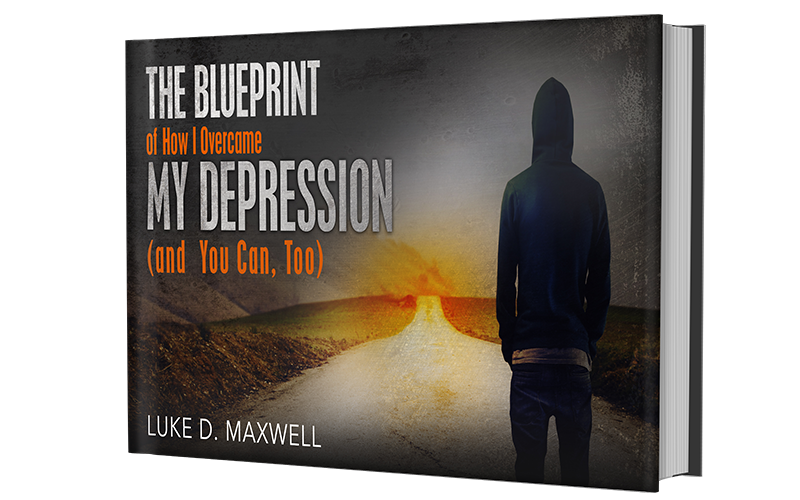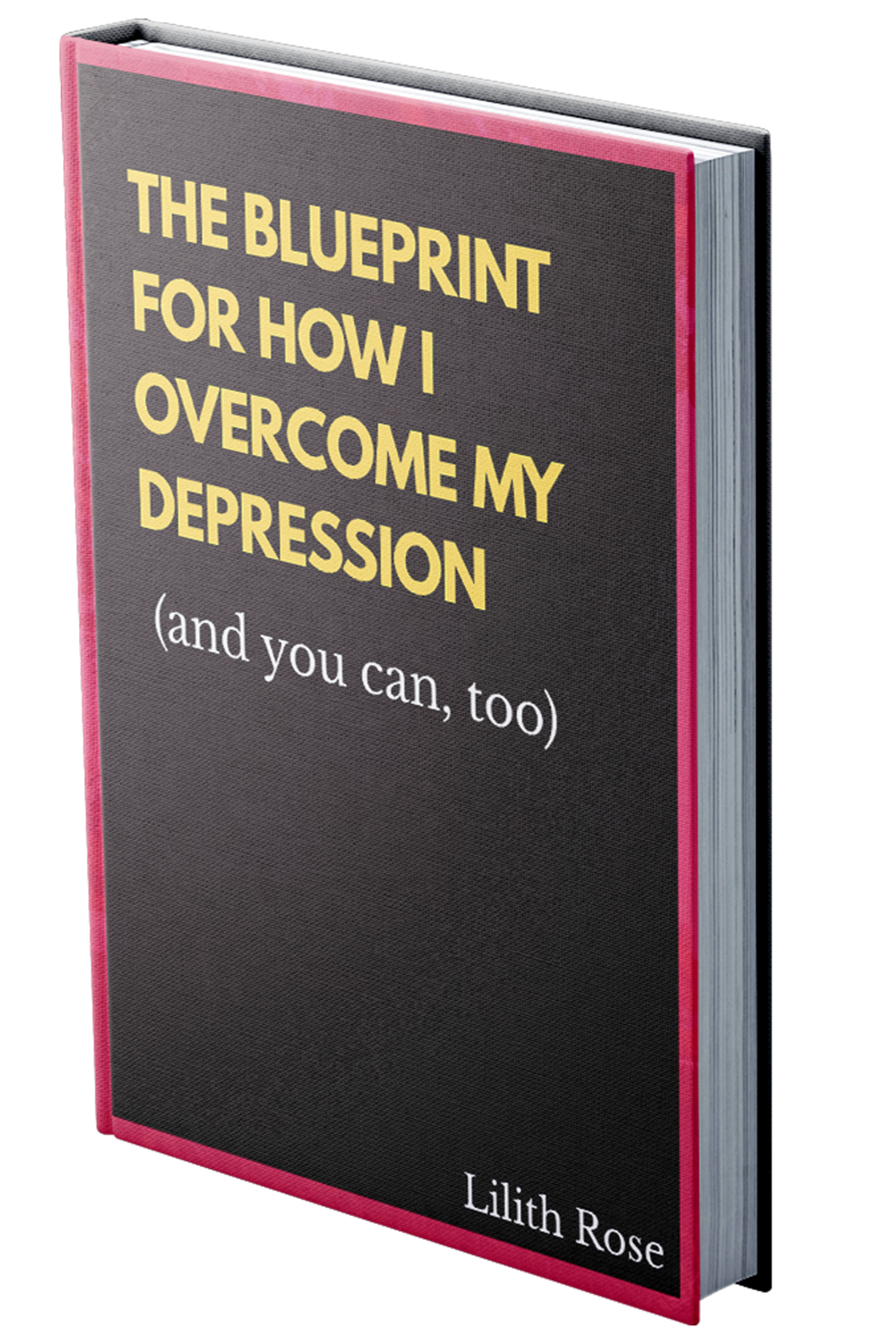Depression is a mood disorder that causes a persistent feeling of sadness and loss of interest. Also called major depression, major depressive disorder or clinical depression, it affects how you feel, think and behave and can lead to a variety of emotional and physical problems. You may have trouble doing normal day-to-day activities, and depression may make you feel as if life isn’t worth living.
–Mayo Clinic
Recognizing Depression in Your Child
Depression in teens is a tricky subject because many “normal” teen behaviors can be mistaken for symptoms of depression. So here are the two main ways that I would recognize depression if I had kids.
The first is to study the symptoms checklist. If you see multiple symptoms in your child/student, then they should receive an assessment by your doctor/counselor as soon as possible. But as I said, it can be hard to tell how serious these symptoms are or your child might be hiding them like I did. So that’s why I recommend bringing up the conversation of mental health with your kid. Just like you give them the talk, this is another important topic for them to be educated about so they don’t suffer in the future (watch this interview where I spoke on this exact subject). One of the most powerful things my parents told me was that I could tell them anything and they wouldn’t yell at me or punish me, but rather help me with my struggles.
And many parents and educators ask me, “How do I know if my child’s depressed or if they’re just going through a tough time?” That’s a valid question. But here’s the thing, if your kid isn’t sleeping at night (which is a huge sign of depression), then that’s a problem that should be worked on. What I’m trying to do is shift the conversation away from “do I have a mental disorder” to “what are my challenges, and what can I do to overcome them”. See the difference? Mental illnesses are simply a collection of symptoms. So by focusing on the symptoms and getting professional help to guide us on our journey, we can stop labeling or debating and, instead, start moving forward in our lives.
So watch for the small signs, keep up the communication with your child, and when in doubt, take them to your doctor for an assessment.
Helping Your Child Overcome Their Mental Health Challenges
When it comes to helping your child overcome their mental health challenges, it’s not going to be easy. In fact, it will be very difficult. Why am I saying this? Because it’s the truth. You can go anywhere to find inspirational quotes that don’t really mean anything. That’s not what you’re going to find here.
Great. So now that that’s out of the way. We can get started. The first step for you is to understand where they’re at right now. Teenager’s brains are not fully developed and won’t be until they’re about 25. That coupled with mental illness leads to a very bad combination. Part of the consequences of this is that their forward thinking and consequence realization abilities aren’t as strong as yours. This leads to them being cemented in the moment and unable to visualize the great future awaiting them. You may tell them that they’re going to be an amazing person, but they are unable to believe, even though they might want to. You were a teenager once. Remember how bad it hurt when someone you had a crush on ignored you? Or maybe when you lost a friend? You might not see that as a big deal now, but to the teenage brain, that’s just as important as what you consider significant life events. It’s biology. You can’t change that (though of course their personality and situation will affect this). So, please, be patient with them. I know it’s not easy, but they’re trying to handle all that life is throwing at them as best as they can.
Recovery is enormously complicated and there’s no one way to go about it. So here’s what I did with my parents. Every night, we sat down and talked about the day. My parents had promised me that no matter what I tell them, they wouldn’t get mad or punish me. And they kept their word. This was a huge relief to me, and over time, I began to communicate more and more with them. Then we’d take action based on what we talked about and my therapist’s recommendations. If something was hurting me, we’d try to do less of it. And if something was helping me, we’d do our best to do more of it. They also forced me to exercise outside for at least 15 minutes every single day. And we worked on developing a sleep cycle to help me get more rest.
As time went on, we adjusted and improved. Of course, I had setbacks and bad day, but over a long period of time, I saw that I was improving. If you’d like more details, you can have my ebook sent to you completely free of charge.
I wish you all the best,
Luke
READ MY NEW EBOOK:
The Blueprint of How I Overcame My Depression (and You Can, Too)

GET IT NOW!



